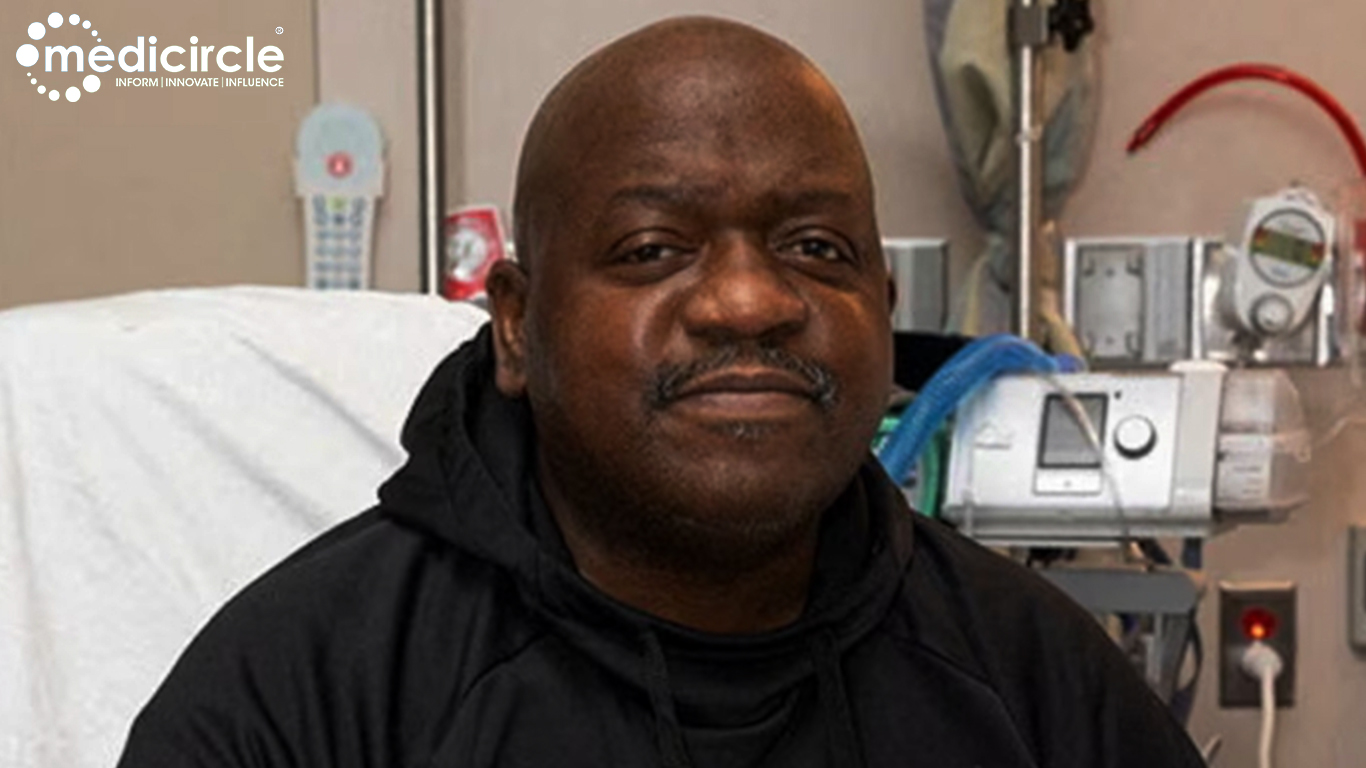Wizz Air is making arrangements to fly streams just 66% full to permit more space between travelers, it said on Tuesday, as aircrafts voiced worries that enemy of coronavirus measures could curse their benefit long after movement limitations end.
Wizz Chief Executive Jozsef Varadi and the head of worldwide carrier exchange body IATA both said single-path planes might be required to leave the center seats on each side empty to permit a level of "social removing" on board.
"We would essentially be obstructing 33% of the planes," Varadi told Reuters in a phone meeting. "A 180-seater would turn into a 120-seater."
Past the open-finished lockdowns and travel bans that have brought air travel to a close end, profound vulnerability stays over the pace of an inevitable recuperation and the potential for enduring limitations that could accumulate yet more misfortunes.
Raising its coronavirus sway figure to $314 billion, IATA portrayed "troubling" indications of governments "multiplying down on worldwide travel limitations" in any event, while lifting lockdowns - referring to advancements in China and South Korea.
Alexandre de Juniac, the Geneva-based association's CEO, said leaving the center seat empty was among likely conditions for a resumption of air travel to be examined with governments in a progression of facilitated gatherings around the globe.
Working airplanes with more seats have been a "key component of gainfulness for aircrafts", which ordinarily earn back the original investment above 75% seat inhabitance, De Juniac said.
Taking out 33% of travelers would be a "reshuffle of the plan of action," he included. "It changes how they work short-pull airplane."
The impact could be felt all the more definitely by minimal effort bearers, which commonly work at higher burden factors - the extent of seats filled, weighted for separation flown.
Be that as it may, more grounded asset reports and work adaptability could make Wizz Air, Ryanair and EasyJet better ready to withstand infection-related misfortunes than more seasoned companions Lufthansa and Air France-KLM. Citi experts state Ryanair and Wizz Air might be the main significant European transporters that can abstain from raising new capital or government-upheld obligation.
Wizz Air, a London-recorded bearer situated in Hungary and concentrated on focal and eastern Europe, said it was eliminating 1,000 positions, around one-fifth of its absolute workforce.
It, in any case, repeated designs to build limit by 15% every year once showcases come back to typical and will take conveyance of 12 tight body flies this year and another 30-40 airplane in 2021-23. It has Airbus A320neo and A321neo flies on hand.
Germany's Lufthansa, paradoxically, a week ago anticipated it would be a very long time before air venture out came back to pre-emergency levels. EasyJet has additionally said it would concede conveyance of 24 Airbus planes.
Other than the extra impacts of a more extensive financial droop on movement, aircraft are apprehensive about travelers' availability to come back to security lines, loading up parlors and plane lodges.
Wizz Air is investigating "a wide range of measures to set up, particularly in the underlying time frame", Varadi said - including defensive rigging for travelers.
The aircraft may need to "ensure that individuals go in covers to secure themselves and secure their kindred travelers", he said.

 Wizz Chief Executive Jozsef Varadi and the head of global airline trade body IATA both said single-aisle planes may be required to leave the middle seats on each side vacant to allow a degree of "social distancing" aboard.
Wizz Chief Executive Jozsef Varadi and the head of global airline trade body IATA both said single-aisle planes may be required to leave the middle seats on each side vacant to allow a degree of "social distancing" aboard.

























.jpeg)






